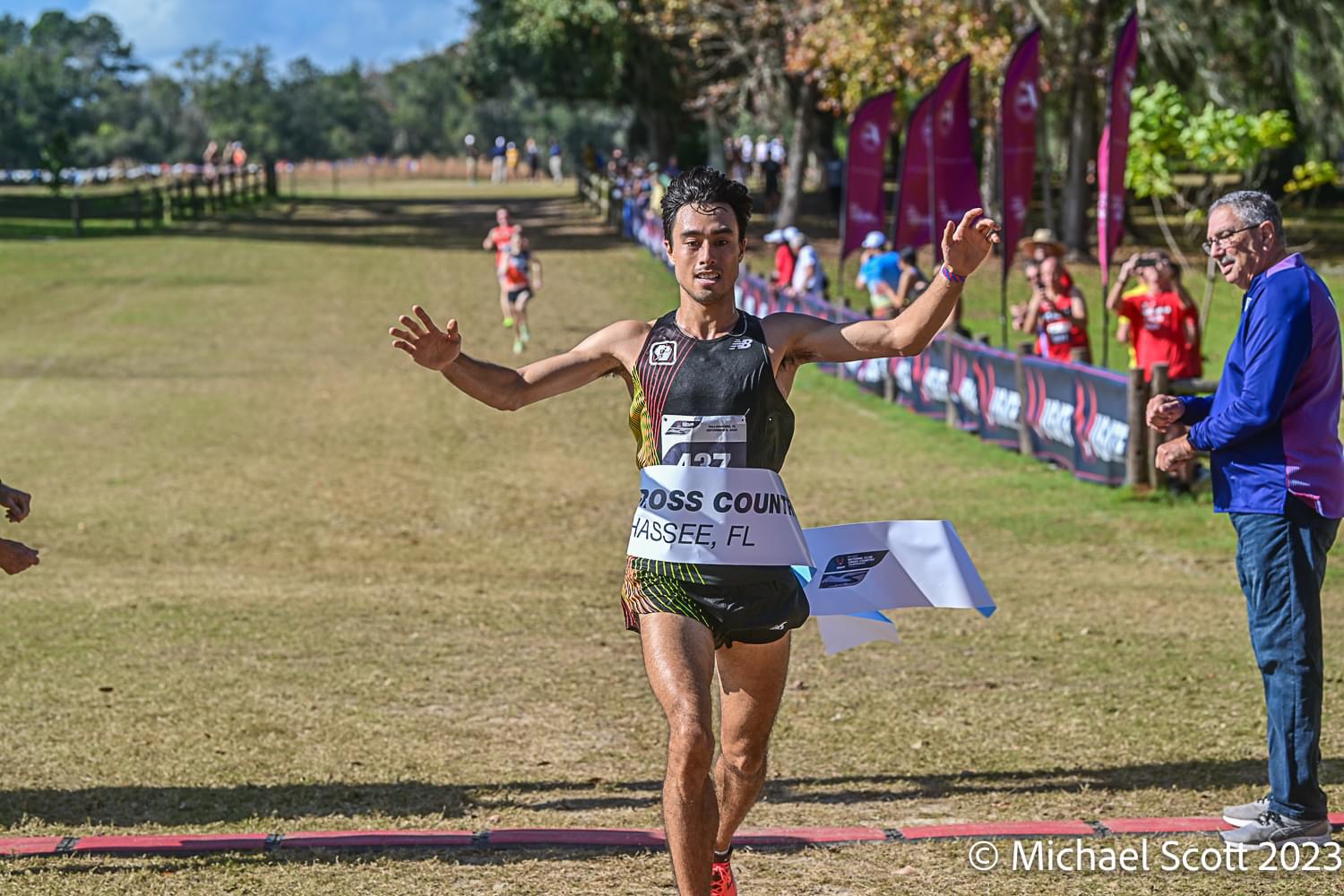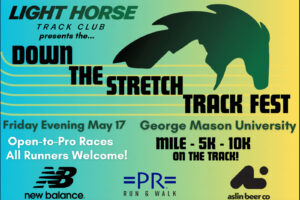Ask the Coach: Marathoning in the Fifties
Dear Coach: I am 53 years old, been running since 1979, and my last two marathons were November 2005 and January 2006-where I broke three hours in each race. In 2008, I had an injury and was off four months and by the summer of 2009 began to build a running base of 50 miles per week, but at a slow pace. I would like to continue racing but I find myself feeling so fatigued. How should I train at this age? Below I have included some of my training schedule.
I am now running 65 to 70 miles per week and training for my first marathon since 2006. My times seem slow, training paces are hard to hit, and I do speed work once a week at threshold pace. Here is an example of my most recent workout:
3 x 1 mile repeats at 6:44, 6:37, and 6:37
Jog 20 minutes
3 x 1 mile repeats in 6:46, 6:44, and 6:32 (That last mile was pretty tough!)
For my marathon training, I have already completed four long runs of more than 20 miles, with some finishing at a fast pace. The slow long runs are at an 8:00 to 8:10 pace. I take one day off completely each week. My easy runs are at an 8:30 pace.
Two weeks ago I ran a very disappointing 1:32 half marathon. I thought I would easily break 1:30–maybe I just forgot how hard it is. Here’s the workout I did the weekend before the race:
Warm up
4 x 5 minutes @ 6:40 with 1 minute recovery
80 minutes easy (10 miles)
20 minutes steady @ 6:30 to 6:35 pace.
For my upcoming marathon, I entertained thoughts of running sub-3:05, but now I’m thinking I’ll be lucky to get under 3:10 with a realistic expectation of 3:15. Sometimes on the weekends we run a really hilly course and last week I did 20+ miles there with the last nine miles pretty hard, probably under 7:00 pace. The next day I felt so sluggish I barely ran six miles @ 8:30 pace.
I am going to run the marathon SLOWLY just to get a Boston qualifying time. My plan is to run 8:15 to 8:30 pace and just finish the 26.2 and send in my entry. I only have to run 4:05 to qualify. With that said, my goal race is three weeks later. The full marathon/training run November 15 will be my last long run.–Christie
Dear Christie: Being in my 60s, I sympathize with what you are going through. We start to slow down particularly in our 50s. It may be that you need to lower expectations in terms of race times, etc. I certainly have had to do so. Old training paces have now become my race paces. Trying to maintain race times is like walking up a fast-moving down escalator.
You should do more recovery runs and less intensity. Your fatigue is probably caused by lack of recovery days combined with too much intensity. You are beating yourself up on some of your long runs and are not fully recovered from them when you do your next hard session. You certainly were not fully recovered when you ran the half marathon one week after a very hard long run.
Coach Roy Benson and I have had many discussions about the competitive athletes we have coached and our shared experience is that runners such as you are better off being slightly undertrained and running fewer hard miles. Based on your weekly mileage, I think both of us would restrict you to doing no more than 7 to 10 miles of hard work-with hard work meaning running faster than 7:45 to 8:00 minutes per mile in your case.
I also think your speed sessions are too long-the intensity and pace are good, but there is a diminishing value when you start running more than 3 to 4 miles at anaerobic threshold pace. Some of the miles on your long run are pretty intense and require more recovery than you are allowing.
I know that it seems counterintuitive that you will race faster by lowering the overall intensity of your training-it is a lesson that it took me years to learn the hard way. My PRs came at age 46 and 47, and only after I learned to back off on easy days and limit the amount of mileage on the hard days.
Finally, I am not sure that that you should run a marathon (even if it is slow) three weeks before another marathon. However, if you do it, you really need to back off from all intensity and mileage for the three weeks between the races.
Another suggestion is that you get a coach who uses effort-based training principles. I urge you to train with a heart monitor to assist recovery from hard efforts.–Coach
Follow-up note: I received an e-mail from Christie who has decided to get together with one of the local coaches in her community after her marathon. Due to a sore knee and continuing fatigue, she also decided not run a marathon three weeks before her goal race.
Coach Kirt West has been running for more than 30 years and coaching adults for the past 15 years. He is the online coach for the Credit Union Cherry Blossom 10 Mile Virtual Training Program. He is a former member of the RRCA Coaching Committee and past Vice President and member of the Montgomery County Road Runners Club Board of Directors.
Recent Stories
Down The Stretch Track Fest
Down The Stretch Track Fest is a track celebration!
A distance-focused track meet at George Mason University featuring community-to-pro-level races on Friday evening, May 17th.
New Balance merch, Aslin Beer, music all night, and announcers keeping you up-to-date on the
Run the Greenway
We are just days away from the 4th annual Run The Greenway Race and
spots are filling up fast! We don’t want any Jedi to be left behind at this year’s
5K, 10K, or 800-meter Kids Fun Run, or virtual







